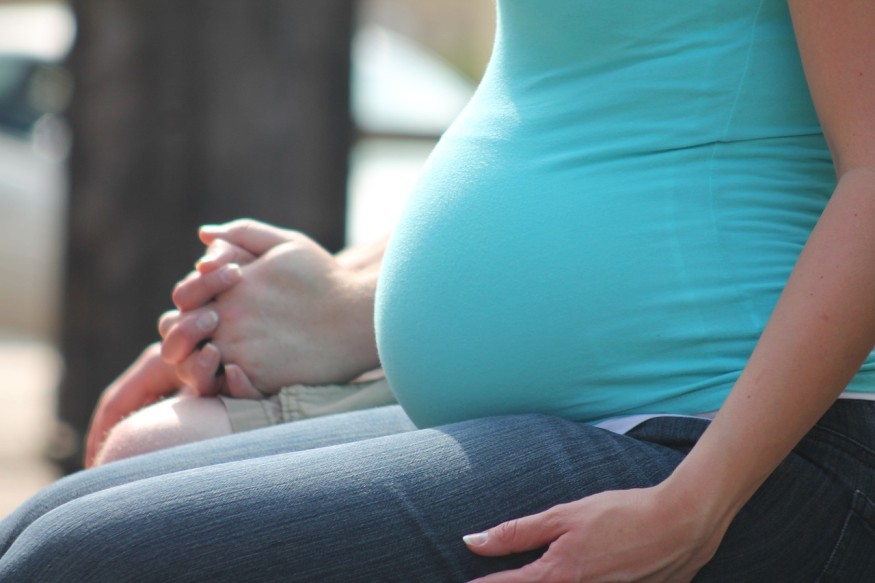
For some individuals, the idea of giving birth or getting pregnancy could be extremely scary. This is what tokophobia is all about.
Tokophobia Explained
Tokophobia refers to the extreme fear of childbirth. While it mostly affects women, there are cases where men may also experience it.
There are two primary types of tokophobia, namely, primary tokophobia and secondary tokophobia. Primary tokophobia happens among individuals who have never experienced pregnancy, while secondary tokophobia happens after a pregnancy- or labor-related trauma, such as stillbirth or difficult labor. Secondary tokophobia is considered a certain form of PTSD, or post-traumatic stress disorder.
There are also other fears that could lead to tokophobia, such as haphephobia (fear of being touched), algophobia (fear of pain), fear of doctors (iatrophobia), and pedophobia (fear of children).
According to studies, around 2.5% to 14% of all women are affected by tokophobia. However, further research is necessary in order to know the exact number.
Symptoms of Tokophobia
Women who face tokophobia have a higher likelihood of having other mental health issues. For instance, those with tokophobia typically also have depression. Women who have tokophobia and depression may frequently have intrusive thoughts pertaining to death if they were to give birth to a baby. In certain cases, these thoughts could lead to certain behaviors, such as avoiding intercourse or using contraceptives to avoid or delay pregnancy.
There are cases where one may experience tokophobia despite wanting to get pregnant and have a baby.
People with tokophobia also have higher likelihoods of choosing to deliver through a cesarean birth, put their baby up for adoption, or seek an abortion.
Causes of Tokophobia
There are several reasons why an individual may develop tokophobia. For one, hearing stories of difficult or traumatic births could be a factor. Other factors include hormonal changes in pregnancy, a history of tokophobia in the family, socioeconomic status, past sexual abuse, or age. The phobia could also surface if one had experienced gynecological problems previously.
Certain professionals also think that tokophobia can result from the thought that one may lose control over one's life, given the changes of motherhood.
Dealing With Tokophobia
When it comes to treating tokophobia, the most common treatment is CBT, or cognitive behavioral therapy. Going through CBT can aid in noting particular areas of childbirth that could be enforcing the fear. CBT can also help a person with tokophobia learn healthy ways to cope.
Other ways to treat or overcome tokophobia include hypnotherapy, antidepressants, and stress reduction techniques.
With proper and successful treatment, childbirth anticipations could eventually feel less overwhelming. While one may still feel anxious about the experience, knowing how to manage the stress can hamper the escalation of the feelings.
Read also: Organ Displacement During Pregnancy: How Does a Woman's Body Shift To Make Room For a Growing Baby?
Check out more news and information on Medicine & Health in Science Times.
© 2025 ScienceTimes.com All rights reserved. Do not reproduce without permission. The window to the world of Science Times.












